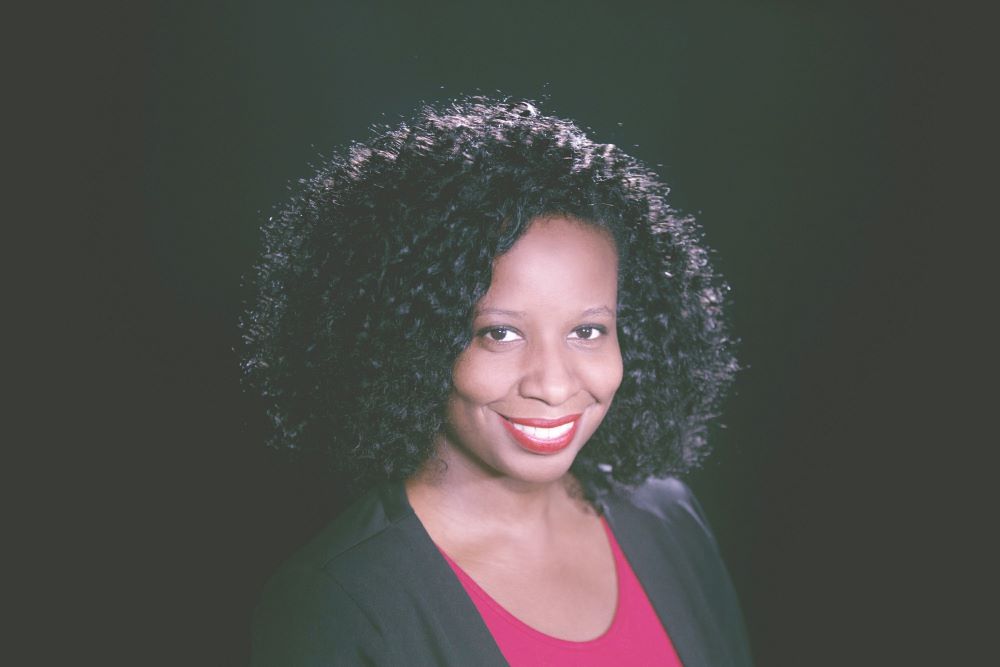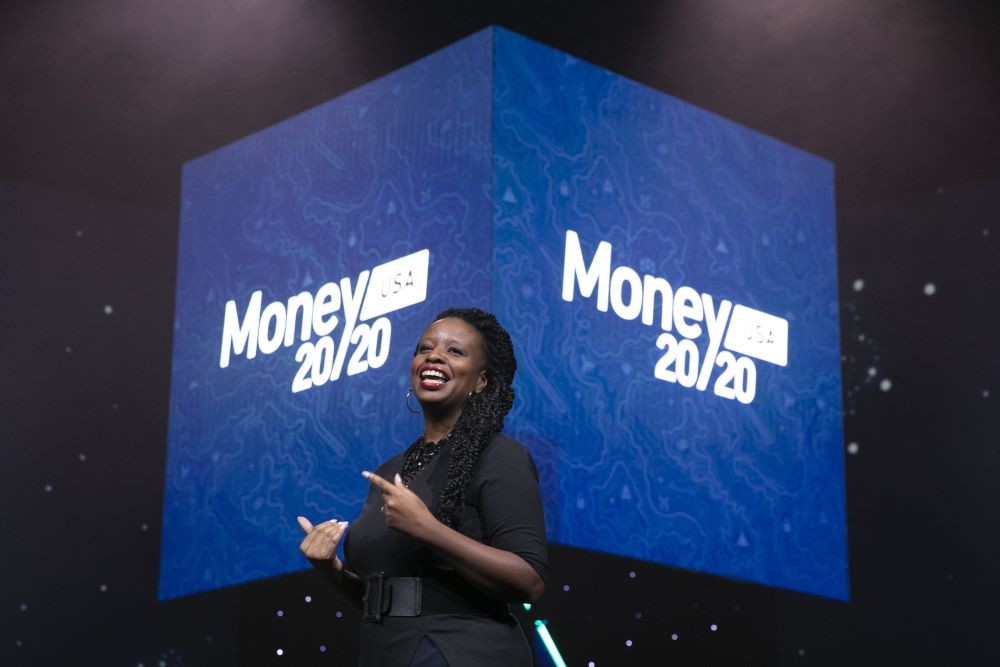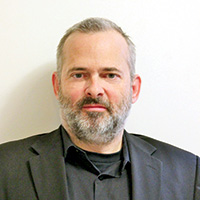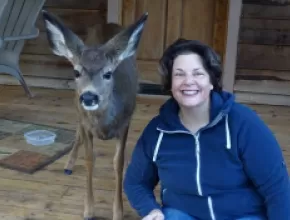As the New York City-based vice president of events for London-based Ascential—a British B2B media company specializing in exhibitions, events and information services—Monique Ruff-Bell serves as senior brand leader for the U.S. edition of Money20/20.
Following a series of successful virtual events during the lockdown, the world’s leading premium content, sales and networking platform for the global money ecosystem is scheduled to return to Las Vegas this October. Expect a showstopper inside host venue the Venetian and Sands Expo and Convention Center: Ruff-Bell and her team have partnered with Sid Lee, the creative agency of Cirque du Soleil, on what promises to be a dazzling reimagination.

“We are a very experiential show, and as we like to say, we put the fun back in finance,” said Ruff-Bell, whose responsibilities include setting the show vision and strategy with Ascential’s global president along with plan execution, P&L management and sales and marketing support and performance.
With 20 years of meetings and conference industry experience, including leading event program development for associations, media and entertainment companies, Ruff-Bell is also a public speaker, podcast host and mentor. Now, she is leveraging these skills to help industry professionals advance via her YouTube channel Everyday Career Coach.
Coach “Mo” dishes the goods on her own entertaining new platform to Meetings Today senior contributor Jeff Heilman.
Jeff Heilman: What inspired you to create Everyday Career Coach?
Monique Ruff-Bell: I wanted to inspire people to think and act strategically about their career growth. While the meetings and events industry offers a range of strong and viable opportunities, growing into senior level positions takes astute planning, networking and business acumen. My platform provides key direction on ways to become a successful leader, to increase visibility, and to find the right match-up of skills and career path.
From office politics to the fear of failure, there can be various obstacles to overcome. My videos are always there to help coach you through various scenarios. One aim is to make you more comfortable being experiential in serving the needs of your attendees. Another is showing clear ways to help improve your communication skills so that you are listened to and your ideas are taken more seriously.
What are your essential career tips for planning professionals?
In preparation for this video series, I came up with 107 career topics in an hour—there are many ways to maximize your career opportunities!
When starting out, try various positions to expand your skill set. My experiences in operations, content programming, marketing and sponsorship coordination made me well-rounded in event planning and execution.
Once you are several years into your career, start planning for the next five to 10 years ahead. Think about key positions of interest, and any missing skills you need to get there. Are there other job opportunities, projects or educational programs that will help you acquire those skills? Also consider how much time or financial resources it will take to get them. The focus should be continuing to learn and grow.
For veterans, think about new challenges. Do you want to work in a different industry? Go independent or become a consultant? Become a C-suite executive as a business leader within event management? Once you decide on your direction, put a solid plan in place, increase your networking and find opportunities to showcase your leadership skills more effectively. It’s all about getting noticed.
What post-pandemic silver linings do you see for planners?
This has been a devastating time, with many planners losing their jobs or choosing to exit the industry. We all had to get comfortable with being uncomfortable. We had to expand our skills to include digital event production and figure out how to create virtual and hybrid event programs. Now we are in the great reset. Pivoting has made us more nimble and flexible, to the benefit of the business overall. We now know how to stay engaged with our audience even in the toughest of times. And we have shown leadership in navigating around the shutdown of in-person events with alternative solutions that are financially viable and produce positive outcomes.
What recommendations would you offer to planners on building up their skill sets and resumes to reflect the shifting needs of the industry?
For starters, it’s important to not shy away or fight this reset. I have personally learned new skills that have helped reshape my business strategy for years to come. When reflecting on how your position and responsibilities may have changed, include the outcomes and accomplishments based on these new skills you’ve acquired. What new metrics or analytics did you create? How did you help increase engagement within a digital environment? What new revenue streams did your efforts create? Whether in a digital or live environment, there are so many ways that planners can continue to demonstrate their value.
Do you work with planning professionals one-on-one?
Absolutely. Through mentorship, private sessions or facilitating small group sessions on career development, I am passionate about helping people to become their best selves. It’s an important path for taking the events industry to the next level, including deeper engagement with our audiences and more diversity of thought. We need more people to see the events industry as a viable career path and I want to play my part in helping to move that forward.
Read this next: 6 Questions for Former LVCVA Global Sales Leader Chris Meyer






